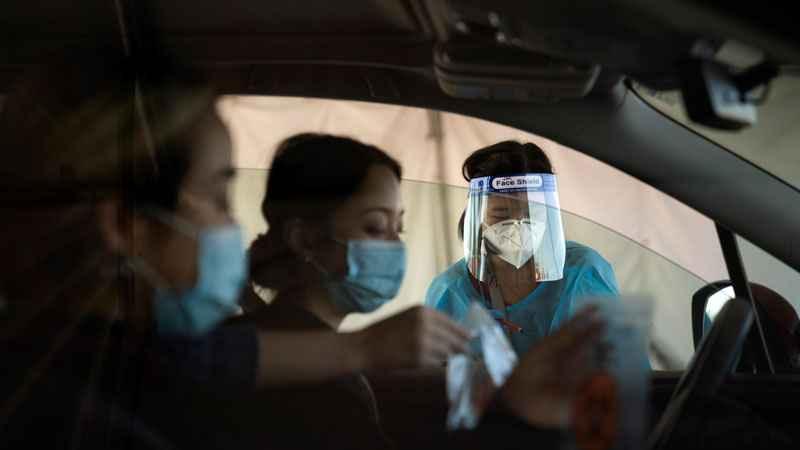MDH asking families to get tested every 2 weeks until end of school year
Check out the Minnesota Department of Health’s COVID-19 briefing on Wednesday above.
As more people across the state are getting vaccinated, public health officials are reminding Minnesotans that COVID-19 testing remains an important tool for limiting disease impacts and ending the pandemic as quickly as possible.
On Wednesday, the Minnesota Department of Health announced a new focus on testing for young people, asking families to get tested every two weeks from now until the end of the school year. MDH’s campaign includes targeted outreach to families, health professionals, schools and youth organizations to encourage regular COVID-19 testing.
“Over the past few months, the number of students attending in-person classes has significantly increased, with thousands more expected to return to the classroom in coming weeks,” said MDH Assistant Commissioner Dan Huff. “With the rate of infection in decline, Governor Walz has adjusted the dials so children and young adults can resume youth sports and other activities. To protect this progress, we need to use all the tools at our disposal. That’s why we are asking parents to make regular testing a priority for their families. Testing can help spot a single case early and prevent it from becoming many cases.”
According to MDH, the recommendation is for all youth returning to school, youth sports, or extracurricular activities to get tested every two weeks through the end of the school year. While it is not a requirement, MDH says regular testing complements other safety measures already in place, such as masking and social distancing. The state health department will be providing a range of online resources schools and youth organizations can send to families to encourage testing.
The state has also updated its own testing resources to make testing easier to do for families.

Medical assistant Linh Nguyen assists two women with COVID-19 testing at a testing site set up at the OC Fairgrounds in Costa Mesa, Calif., Monday, Nov. 16, 2020.[AP/Jae C. Hong]
“Testing will continue to be a critical part of our COVID-19 response for as long as there are still cases in the state,” Huff said. “Our mitigation measures break down without adequate testing. Even as we continue to successfully vaccinate a growing number of people in our state, we also continue to expand our mitigation testing programs for child care providers and educators.”